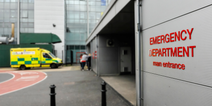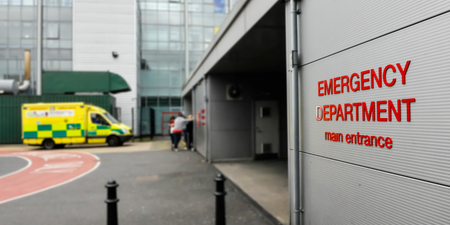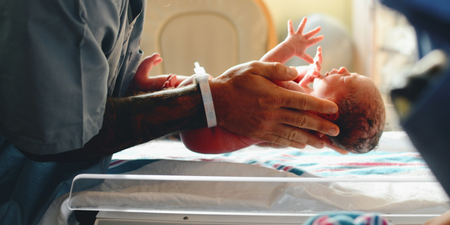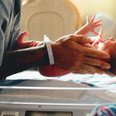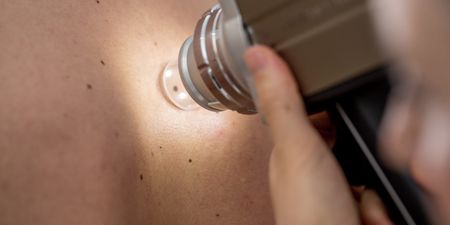A wave of new measures has been ordered to tackle sexual harassment at universities.
Higher Education Minster Simon Harris said he wants third-level institutions to be “places of safety” for students and staff.
It comes after Dr Aoibhinn Ní Shúilleabháin opened up about her experience of harassment by a former colleague at UCD.
The academic and broadcaster told the Irish Times that the two-year ordeal left her living in fear. Her harasser, who made repeated advances towards her both in work and outside, was issued a barring order in court last year.
Minister Harris said that he has ordered a number of new measures to be implemented in Irish colleges and universities.
Speaking in a video posted to Twitter, he said he has asked universities to provide consent classes for all first-year students.
He has also commissioned a survey for students and staff to gather data on harassment and sexual violence and has ordered a public awareness campaign.

The minister also called into question the issue of research funding for universities where sexual harassment is reported.
He said that he’d spoken to the Irish Research Council and Science Foundation Ireland, two bodies that award funding, about how they might act when there’s been an allegation of harassment in an institution they support.
“I believe there should be a linkage between that and funding,” he said.
Minister Harris said he’d met with Dr Ní Shúilleabháin recently and commended her bravery in speaking out.
“She shouldn’t have had to endure what she endured and we need to make sure it never happens again.”
Dr Ní Shúilleabháin yesterday called for “cultural change” in universities.
“Everyone deserves to study or work in a safe environment,” she said in a tweet.
“I don’t want anyone else, student or staff, to go through the same experiences I did.
“I hope that speaking publicly will begin a conversation that helps address this problem in third level institutes across Ireland and helps support other victims to report their experiences.”


